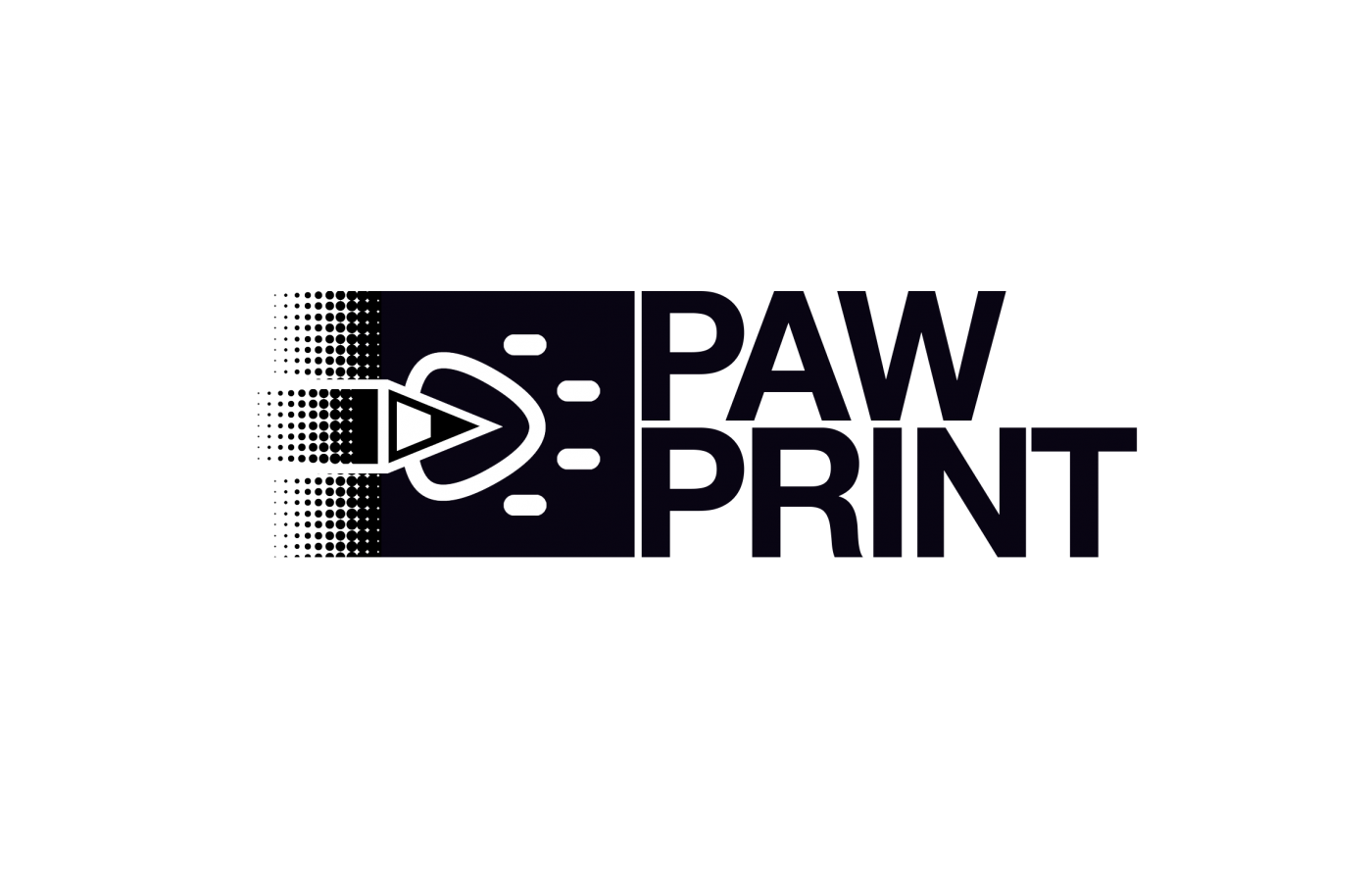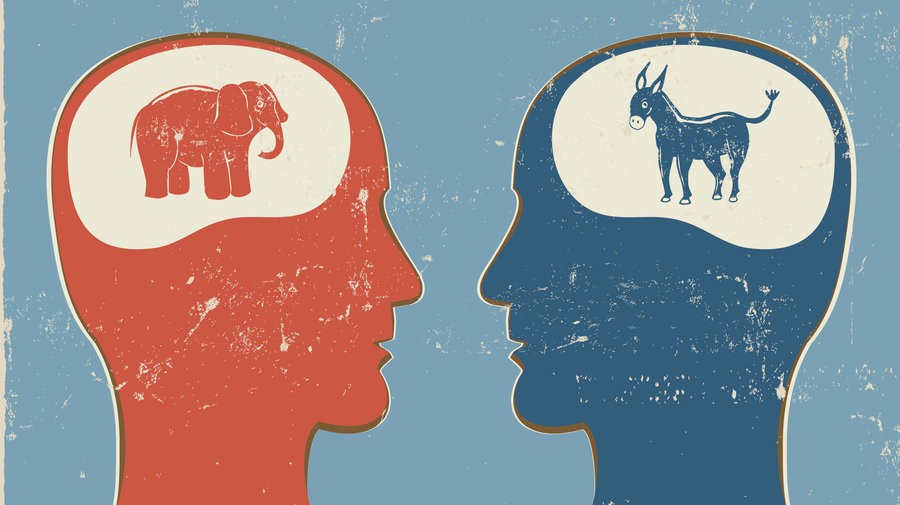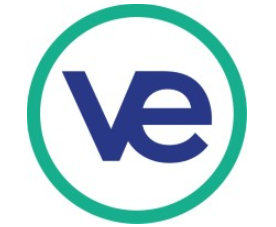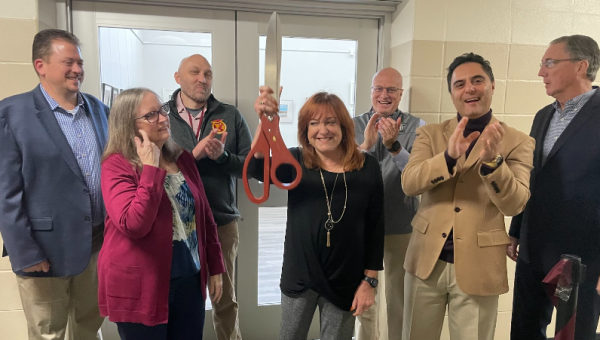The Odd Couple: Washington and the American People
If America is internationally acclaimed as a beacon of democracy, then why do so many Americans place such little trust in their political institutions? A recent Pew Research Center poll holds that just 19 percent of Americans have faith in their government, a near historic low. The same poll shows that 74 percent of Americans believe most elected officials place their own interests above the country’s, while 55 percent say that ordinary Americans would do a “better job” running the nation. What has sown such discord between the American people and their government? And can this tenuous relationship be repaired?
If likened to a marriage, then the 239-year association between the American public and Washington was mismatched from the start. The former craved independence and civil liberties while the latter was overprotective and domineering. There was fighting, rebellions, riots. Even a brief split after almost 100 years of partnership. Two-and-a-half centuries later, that trust has not been fully restored. Since LBJ’s Vietnam fiasco in the 60s, a credibility gap has opened between the American people and Washington with no signs of closure. It was heightened by Watergate under Nixon, briefly narrowed by Reagan, and fractured once more under the Bush Administration.
It’s difficult to have faith in a government with a historical legacy of corruption and dishonesty. Today, that legacy persists as wealthy private sector interests wield undue influence over the political process. Thanks to the Supreme Court’s Citizens United ruling, Super PACs and mega wealthy donors comprise the silent but deadly forefront of national elections. According to The Huffington Post, Wall Street political donations have jumped 700 percent over the last two decades. A recent New York Times article highlighted that just 158 families provided nearly half the early money for the 2016 election. In this light, it’s easy to see why the average voter is disillusioned with American democracy. Who’s to say that the middle-class American’s vote is worth as much as Sheldon Adelson’s or the Koch Brothers’? How can we trust our leaders to make informed decisions when the 1 percent is acting as the devil on their shoulders?
The death of bipartisanship in Washington has further eroded the public’s faith in government. With both sides of the aisle ideologically intractable and political rhetoric increasingly antagonistic, congressional gridlock is at its historical apex. This stagnation has fostered cults of personality among leaders who prefer style to substance, while lowering congressional productivity overall.
However, Capitol Hill isn’t all to blame. In a feedback loop of sorts, individuals opposed to different ideologies will support politicians who pander to partisanship. A rugged individualism long endemic to the American psyche is apparent here, as Ted Cruz supporters usually loathe Hillary Clinton (and vice versa). Thus, politics for politics’ sake has triumphed over national welfare—think the Obama “birther” campaign and other ad hominem attacks. This polarization has created a class of leaders who build their power upon the capricious whims of the public. Not only are influential donors and lobbyists pulling the strings behind policymakers, but ideological extremists as well.
On the brink of the Second World War, President Roosevelt remarked, “I am neither bitter nor cynical, but I do wish there was less immaturity in political thinking.” Some things just don’t change, and political malfeasance is certainly one of them. And yes, it is worrisome that Americans are voting less and placing little trust in government. But isn’t it in the spirit of American democracy to challenge the status quo and demand change? Maybe the American people and their elected officials should take another look at the Declaration of Independence.





